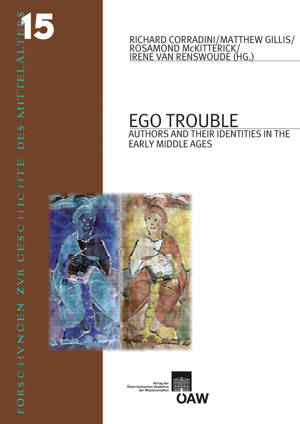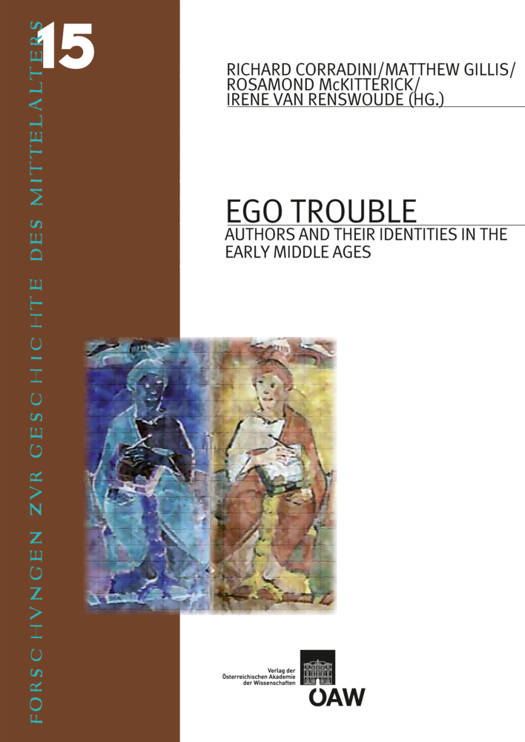
- Afhalen na 1 uur in een winkel met voorraad
- Gratis thuislevering in België vanaf € 30
- Ruim aanbod met 7 miljoen producten
- Afhalen na 1 uur in een winkel met voorraad
- Gratis thuislevering in België vanaf € 30
- Ruim aanbod met 7 miljoen producten
Zoeken
Ego Trouble
Authors and Their Identities in the Early Middle Ages
Paperback | Engels | Denkschriften der Philosophisch-Historischen Klasse | Forschungen zur Geschichte des Mittelalters | nr. 385
€ 96,95
+ 193 punten
Omschrijving
Identity can be seen as a complex interface between the individual and society, whereby in each period of history the scope of individual identification has been dealt with in different ways and defined by different parameters. Conflicts and disruptions, failure and longing for change are unavoidable elements of this process. This volume deals with a number of authors of the Middle Ages, writing between the 5th and the 11th centuries, whose works contain elements relating to identity and differentiation. These elements, if seen within their social, ethnic, political or religious context, can be shown to be textual strategies. The articles collected in this volume demonstrate, on one hand, that the awareness of the self as an individual in conflict with social identities was by no means so alien or little thought about as is often believed; on the other hand, they also show that during these seven centuries no single, continuous and dogmatic body of knowledge about the individual was established, believed or followed.
Specificaties
Betrokkenen
- Uitgeverij:
Inhoud
- Aantal bladzijden:
- 322
- Taal:
- Engels
- Reeks:
- Reeksnummer:
- nr. 385
Eigenschappen
- Productcode (EAN):
- 9783700164906
- Verschijningsdatum:
- 7/06/2010
- Uitvoering:
- Paperback
- Formaat:
- Trade paperback (VS)
- Afmetingen:
- 211 mm x 295 mm
- Gewicht:
- 916 g

Alleen bij Standaard Boekhandel
+ 193 punten op je klantenkaart van Standaard Boekhandel
Beoordelingen
We publiceren alleen reviews die voldoen aan de voorwaarden voor reviews. Bekijk onze voorwaarden voor reviews.










